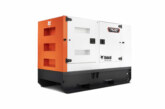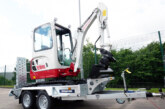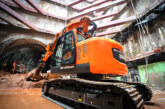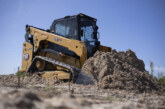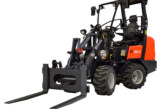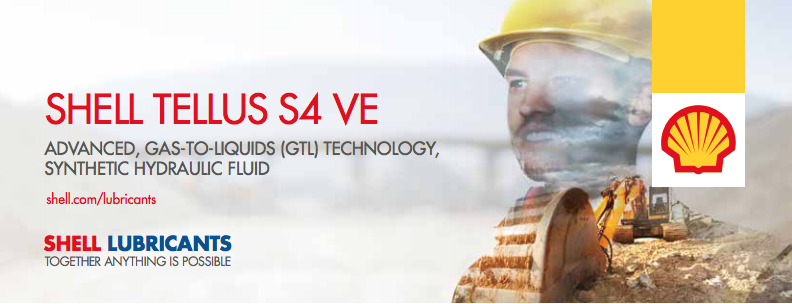
Shell has launched Shell Tellus S4 VE, a new hydraulic fluid formulated with gas-to-liquids (GTL) technology and specifically designed for mobile hydraulics in construction. Not only does this product run cleaner than conventional mineral oils, but it can also deliver improvements of up to 6% in equipment productivity and 5.5% in noise reduction. Using the fluid also cuts energy loss from hydraulic pumps by up to 21%, making for a more efficient, cost-effective operation.
“Shell Tellus S4 VE is specifically designed to cut noise on site and deliver smoother running, greater precision and higher productivity,” explains Drew Swinton, UK & Ireland Technical Manager for Shell Lubricants. “This makes it ideal for construction companies that need the highest possible standards of efficiency, durability and noise reduction. Shell has always been committed to innovating in the interests of our customers and of the wider community and we strongly believe that Shell Tellus S4 VE follows in this tradition.”
Formulated with natural gas, Shell GTL lubricants have a high viscosity index, better oxidation stability and better response to detergent additives than traditional lubricants. This improves wear protection and means the lubricant is more efficient and durable, for longer.
It also allows for faster air release, helping to maintain peak oil efficiency and avoid cavitation and other harmful system malfunctions. And because the lubricant is more durable and highly viscous, machines lubricated with Shell Tellus S4 VE run quieter. All these characteristics make the new product well suited for use on construction sites, where noise reduction, durability and efficiency are key priorities.
Shell has launched GTL hydraulic fluid, Shell Tellus S4 VE, to support the industry facing a number of challenges. The compact hydraulic fluid reservoirs in modern construction equipment are often more susceptible to aeration. Smaller fluid volumes mean reservoir residence times can be as short as 30 seconds, leaving little time for air release. This leads to aeration, which can make machines sluggish and increase wear on parts.
This challenge is accompanied by the industry also looking for ways to reduce its carbon footprint and cut noise pollution. One of the best ways to help overcome both issues is through improved lubrication. Shell’s expertise lies in providing the highest quality lubricants alongside the proper lubrication processes and services that create sustainable value for customers. Shell has a history of innovation in lubricants and was the first to market cleaner, purer lubricants made from natural gas.

